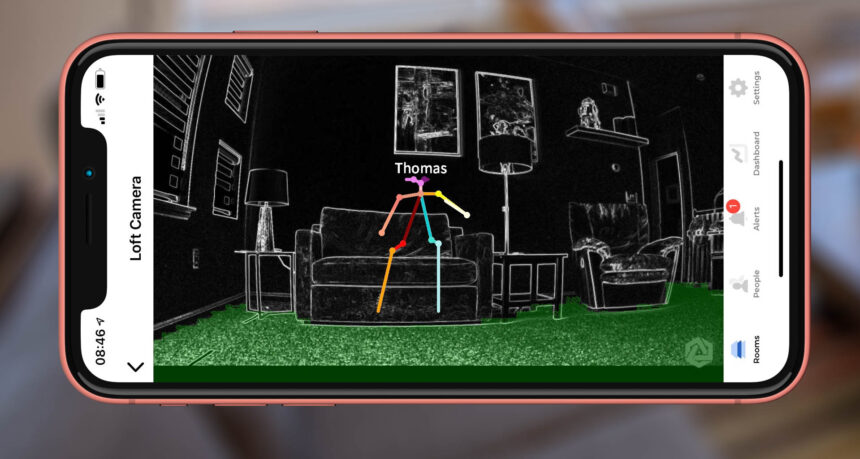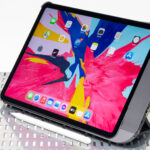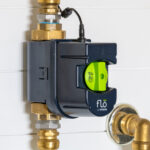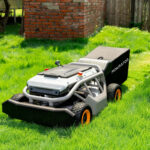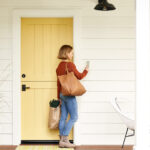There’s no question that a disability can make the functions of everyday living a challenge. Whether you are facing mobility challenges, vision or hearing impairments, or other health obstacles, safety and independence can be a rare and precious commodity when you have a disability.
But as vital as accessibility and functionality are in the broader community, they’re even more important in the home. Dwellings should be places of safety, comfort, and freedom. And now, more than ever, smart technologies are helping persons with disabilities to experience that feeling of autonomy and security in their own homes.
A Matter of Safety
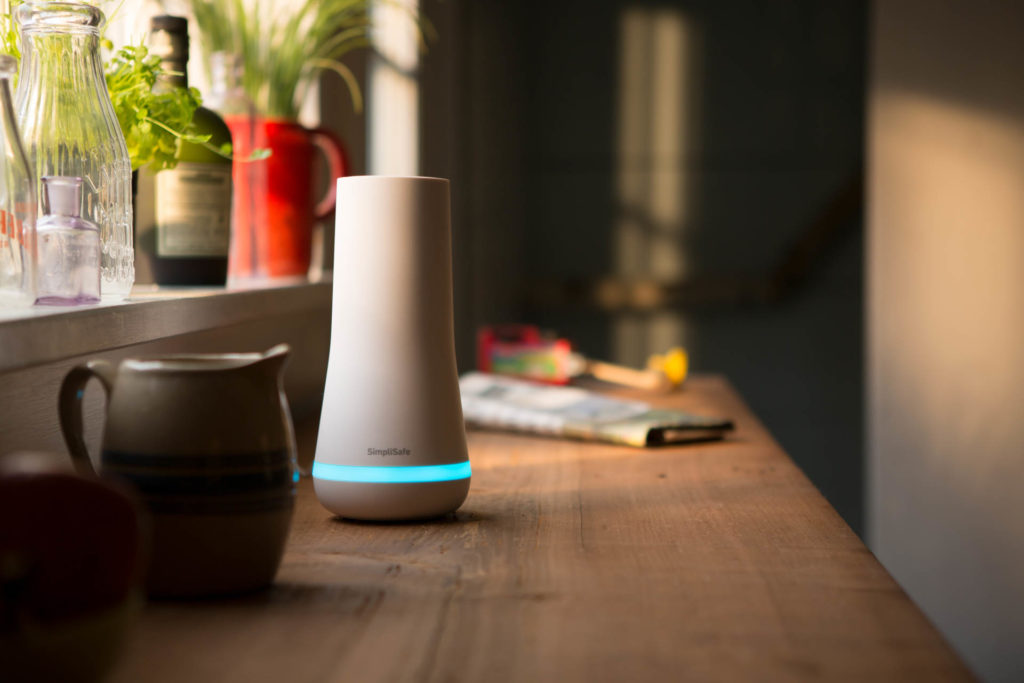
Perhaps the most important benefit of today’s smart home technologies is simply the safety aspect. Wireless security systems, one of the four main types of home security systems, are easy to install, can be readily modified to meet the user’s evolving needs, and can be remotely monitored from your smartphone or laptop.
Best of all, if you need an added layer of protection, you can also purchase third-party monitoring services to detect a range of emergencies, from potential break-ins, to fire, to medical distress. For persons with disabilities and the people who look after them, the reassurance of knowing that help can be summoned simply with the press of a button or the speaking of a word can mean all the difference. It may be the determining factor in whether you remain in your own house or relocate to an assisted living facility or caregiver’s home.
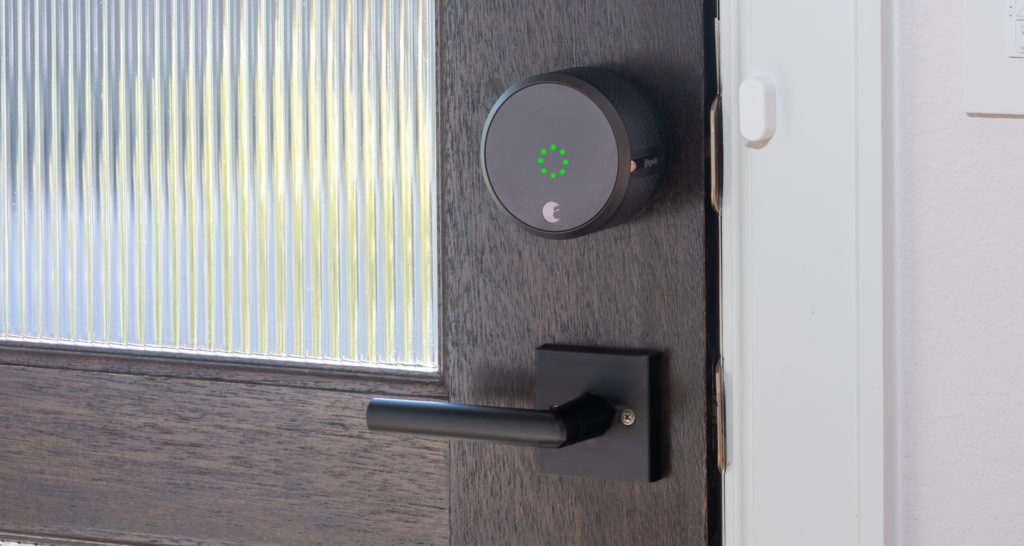
Smart locks are another outstanding safety feature that can help persons with disabilities live independently. Not only do smart locks help persons with mobility challenges come and go more easily, but they also allow homeowners with disabilities to control who has access to their home, locking and unlocking doors using your digital device or voice command.
A Matter of Convenience
Being safe and secure at home is essential, of course. But that’s not all that matters. It’s also important to feel comfortable and free at home. Your house, in other words, should work for you.
That is the core premise behind the concept of universal design. In a nutshell, universal design means that your home is outfitted, from its construction to its furnishings and everything in between, to help you—and anyone else for that matter—live the lifestyle you want. This is done, above all, by ensuring ease of use, customization, and simplicity.
Universal design can involve anything from ensuring that pull handles on dresser drawers are designed to be easily gripped by those with fine motor impairments to the use of flashing lights on smoke detectors for persons with hearing challenges. It can also ensure adequate clearance through doorways for wheelchairs, and making the shower barrier free for ease of entry and egress.
Furthermore, smart devices offer a seemingly endless variety of options for achieving the utilitarian goals of universal design. For example, you no longer have to manually adjust your thermostat or turn on lamps and light switches. Smart systems can accomplish all of this through simple voice commands or through automations.
And if voice controls are not right for you, then these same smart devices and security systems are ready to assist and also be controlled through your tablet, smartphone, or other digital devices. Even more exciting, technologies are now evolving which can provide continuous health monitoring and can alert family and caregivers when signs of a potential medical problem are detected.
There are, for example, already budget-friendly and easy-to-use technologies that can not only detect falls and other events but can also alert caregivers to any change in their loved one’s daily activities. For instance, if the system does not detect motion by a pre-determined time each morning, family members can receive an immediate notification on their phone or mobile device. That is both independence and peace of mind.
Products in this space include the Sentinare 2 Smart Sensor from AltumView Systems, which is coming to market in Q2 2021 at a cost under $200 per camera (see image at the top of this page, produced in our labs from one of these systems). Used with the Canadian company’s Cypress app, the private video feed can depict monitored individuals in a stick-figure mode.
The Takeaway
Life with a disability can be challenging. But thanks to today’s smart technologies, you don’t have to sacrifice safety or independence. From security systems to the convenience of universal design, you can create the smart home that truly meets your needs and provides you with the quality of life you deserve.

